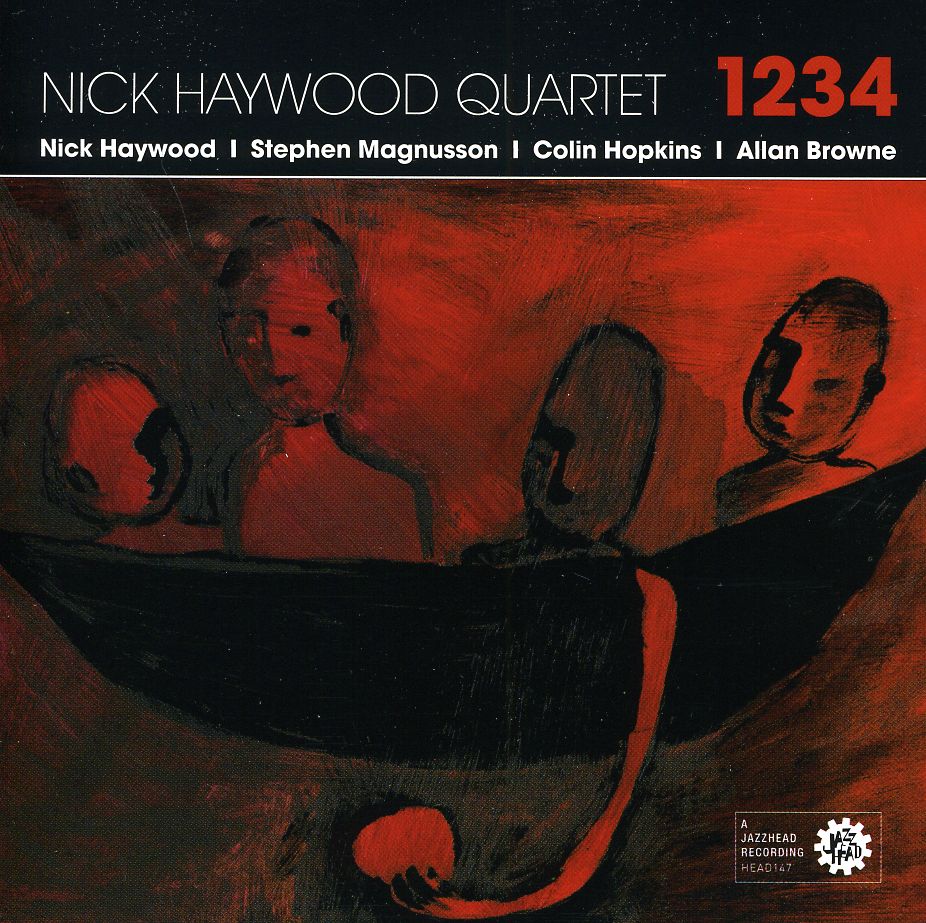
Valeri, Mark
product information
description
Anglo-American Protestants described Native American ceremonies as savage devilry, Islamic teaching as violent chicanery, and Catholicism as repugnant superstition. By the mid-eighteenth century, they would describe amicable debates between evangelical missionaries and Algonquian religious leaders about the moral appeal of Christianity, recount learned conversations between English merchants and Muslim scholars, and tell of encounters with hospitable and sincere priests in Catholic Canada and Europe. What explains this poignant shift? Using a variety of sources--travel narratives, dictionaries and encyclopaedias of the world's religions, missionary tracts, and sermons, The Opening of the Protestant Mind traces a transformation in how English and colonial American Protestants described other religions during a crucial period of English colonization of North America. After the English Revolution of 1688 and the subsequent growth of the British empire, observers began to link Britain's success to civic moral virtues, including religious toleration, rather than to any particular religious creed. Mark Valeri shows how a wide range of Protestants--including liberal Anglicans, Calvinist dissenters, deists, and evangelicals--began to see other religions not as entirely good or entirely bad, but as complex, and to evaluate them according to their commitment to religious liberty. In the view of these Protestants, varieties of religion that eschewed political power were laudable, while types of religion that combined priestly authority with political power were illegitimate. They also changed their evangelistic practices, jettisoning civilizing agendas in favor of reasoned persuasion. Valeri neither valorizes Anglo-Protestants nor condemns them. Instead, he reveals the deep ambiguities in their ideas while showing how those ideas contained the seeds of modern religious liberty.
member goods
No member items were found under this heading.
listens & views

TRADITIONAL MUSIC FROM EAST SIBERIA ...
by NATIONAL DANCE THEATRE OF THE REPUBLIC OF SAKHA
COMPACT DISCout of stock
$12.25
Return Policy
All sales are final
Shipping
No special shipping considerations available.
Shipping fees determined at checkout.






